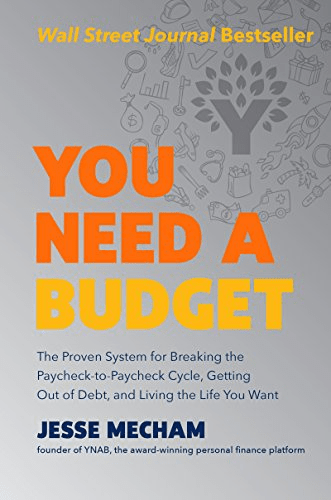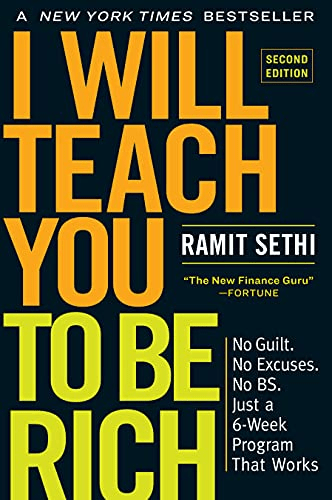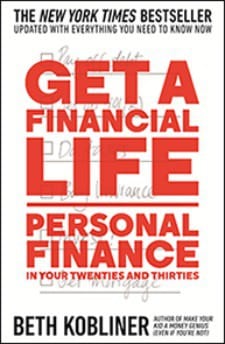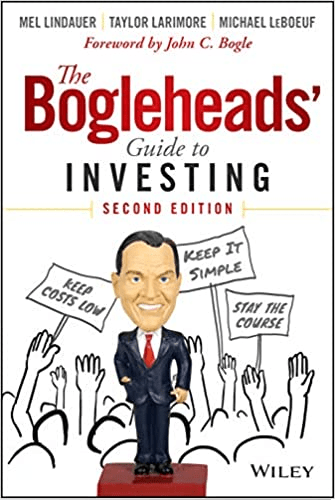This post may contain affiliate links and Corporette® may earn commissions for purchases made through links in this post. As an Amazon Associate, I earn from qualifying purchases.

Personal finance books are an obvious choice for expanding your knowledge and skills and getting a better handle on your financial situation, but if you'd prefer something faster and more focused, taking an online class is a convenient option. We've rounded up three great online personal finance classes that explain the nuts and bolts of budgeting, home buying, and investing.
We've written a lot about personal finance over the years, including personal finance tasks to do at the beginning of the year (updated for 2024), Kat's “money roadmap” advising what to care about, in what order, reassessing your 401(k), splitting expenses with your partner, calculating an emergency fund, investing in socially responsible ways, automating your savings, preventing lifestyle creep, getting started investing, and much more.
Psst: Speaking of money, we're always looking for more submissions of Personal Money Snapshots from readers! We're featuring a new one on Wednesday, so stay tuned…
{related: 6 awesome online classes for working women}
3 Great Online Personal Finance Classes
Skillshare: Budgeting 101
The quick class “Budgeting 101” can be helpful you're just starting out, or if your money habits are a bit more freewheeling than you'd like and need some more structure.
Taught by CPA and CFA Son Han, this 16-minute course is a supplement to Han's “The Fab Four of Personal Finance,” also on Skillshare. This class teaches six steps for creating a “90% accurate” budget (to be fine-tuned once you start using it) and calculating your net worth, and it also offers a Google Sheets template so that you don't have to create your own budget spreadsheet.
The class is only included with a Skillshare subscription and is not available separately. Skillshare offers a free 30-day trial (cancel anytime), and after that it's $29/month or $99 annually (sale price). As for ratings, this course has 300+ reviews; 42% of users said it exceeded their expectations, while 50% said it met them.
{related: the best online women's management training}
LinkedIn: Managing Your Personal Investments
LinkedIn Learning doesn't just offer strictly career-related courses and continuing education; it also provides personal finance learning opportunities, like this beginner-level investing course.
“Managing Your Personal Investments,” created by Jane Barratt of MX Technologies, gives a basic overview on types of investments, including stocks, bonds, funds, and more; and outlines investing techniques and strategies, such as managing your portfolio and evaluating risk. The course is divided into four main modules — “Why Invest?”, “What Is Investing?”, “How Do I Invest?”, and “Where to Invest” and includes four quizzes. It takes about an hour and a half to complete.
The enrollment fee is $34.99 (which includes a Certificate of Completion) or included in a LinkedIn Learning subscription. After a three-month trial, subscriptions start at $39.99/month. With almost 1,400 ratings from users (with many more having completed it) this course has 4.8 out of 5 stars.
{related: 3 great books about work-life balance for professional women}
Khan Academy: Housing
I can personally vouch for the nonprofit learning platform Khan Academy in general — it was a great resource for helping my kid with math homework and made it a less painful process! In this case, “Housing” isn't the name of a class, but the name of the second unit in a Khan Academy online course called “Finance and Capital Markets,” which comprises 10 units.
This free Google Classroom course consists of 19 videos that provide an overview of the essentials of buying a home, broken up into four sections: “home equity and personal balance sheets,” “renting vs. buying a home,” “mortgages,” and “home buying process.” Home-buying newbies will learn about key topics like renting vs. buying, interest rates, types of mortgages, title insurance, escrow, and more.
Khan Academy courses don't have ratings — but hey, they're free!
Readers, do tell: Have you taken any online personal finance classes? Have you found good options that are more advanced than those above? Other than courses, what are your favorite personal finance resources, online or otherwise? What is your favorite online learning platform?
These are some of our latest favorite financial books for beginners:





